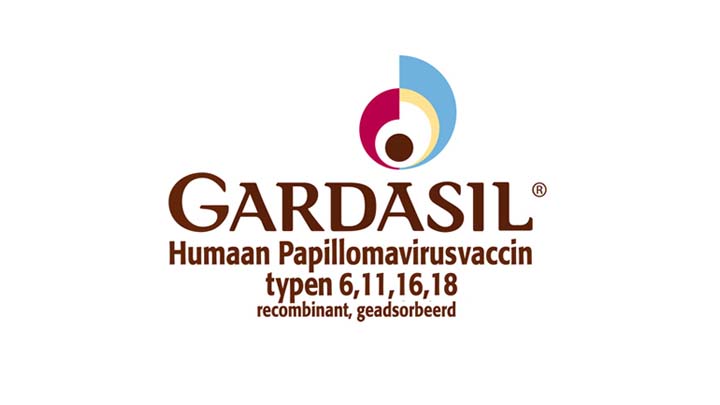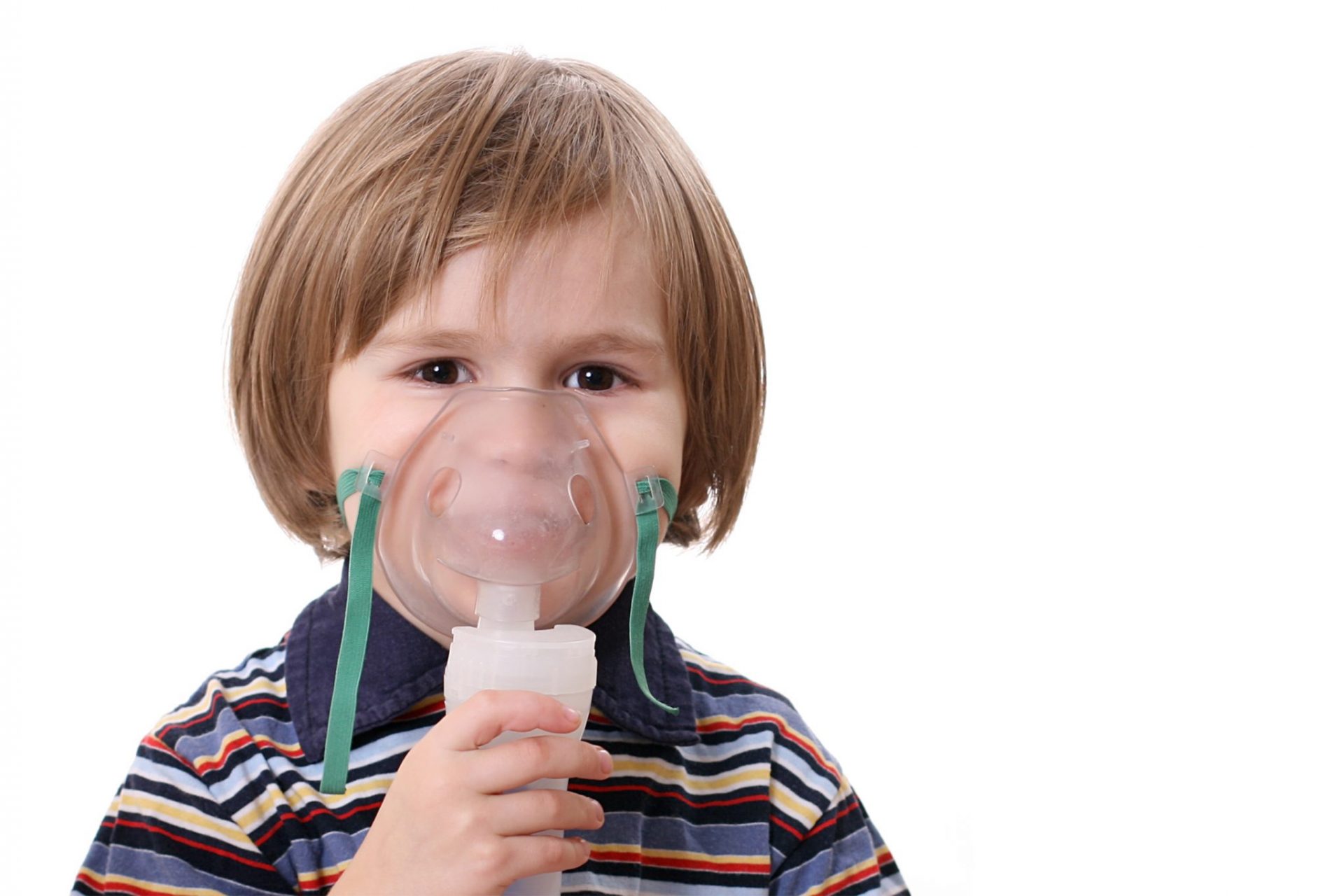New research reveals: Probiotics offer significant benefits to children with autism
(NaturalHealth365) Autism affects approximately 1-2% of the world’s population, according to the U.S. Centers for Disease Control and Prevention (CDC). Yet, conventionally speaking, there’s ‘no definitive cause or cure.’ However, over the past few years, scientists have found some promising clues within the gut and recent studies have taken this one step further by featuring the benefits of probiotics for children with autism.
First, it’s important to understand: autism is a complex spectrum of disorders with three classic features, repetitive behaviors, communication impairments, and poor social engagement. And, while autism is primarily ‘treated’ with behavioral therapy today, new findings suggest that probiotics (plus other natural remedies) may be much more successful as an autism treatment.
Why would anyone question how probiotics can help children with autism after reading this?
Gastrointestinal (GI) problems are one of the most common health complaints among children with autism, and it’s estimated that these children are eight times more likely to experience GI disorders. Some of the common ones include gastroesophageal reflux, abdominal pain, bowel inflammation, and chronic constipation.
Researchers at Arizona State University followed these clues and began analyzing gut bacteria found in fecal samples of both typically developing children and children with autism. They discovered that children with autism had far fewer types of bacteria, which likely makes the gut of autistic children more susceptible to attacks from pathogens that cause disease.
One analysis of current studies and literature found that there are many indications that alterations in the intestinal microbiota in the autistic child’s gut could be contributing to the disorder. It also found evidence that probiotics can help restore the microbial balance within the intestines, relieving gastrointestinal problems.
There’s a connection between gastrointestinal problems and other symptoms of autism
A study published in the Journal of Abnormal Child Psychology took a closer look at the association between gastrointestinal problems and other symptoms of autism, such as sensory processing problems and anxiety. Previously, the association among these symptoms had never been studied.
But, now, researchers discovered that children with chronic GI problems had higher rates of sensory over-responsivity and anxiety.
Several studies have been to investigate probiotics and autism. One study on the use of a probiotic VSL#3 found that treatment with the probiotic was safe and effective at relieving the symptoms of IBS in children while improving the overall quality of life.
Another study published in the Journal of Probiotics & Health looked specifically at the use of the Delpro probiotic in autistic children. Not only did the probiotic relieve GI distress, but participants in the study also saw improvements in communication, sensory/cognitive awareness, sociability, and behavior.
Discovering the true benefits of probiotics for children with autism
While probiotics haven’t been proven to cure autism, there’s plenty of compelling evidence that backs up the benefits of probiotics for children with autism. Maintaining gut health with probiotics not only helps control GI issues in children with autism, but it’s also been shown effective as an autism treatment for other symptoms of autism, as well.
Some of the other benefits of probiotics for kids who have autism include:
- Maintaining a strong immune system
- Reduces the risk of getting the flu or the common cold
- Reduce stress and anxiety
- Improve energy levels
- Aid in maintaining ideal weight
- Improve allergy symptoms
Although autism is a complex disorder with multiple, interconnected symptoms, new advances in medical research continue to discover the benefits of probiotics as an autism treatment. And, yes, scientists continue to learn more about the purpose and functioning of the microbiome within the body – moving closer to finding a cure.
Meanwhile, embracing the new discoveries surrounding the benefits of probiotics for children with autism can help with the management of symptoms and a significant improvement in their quality of life.
Sources for this article include:
ResearchGate.net
AutismSpeaks.org
AutismParentingMagazine.com
Cell.com
NIH.gov
NIH.gov
NIH.gov
ScienceDaily.com
CDC.gov















